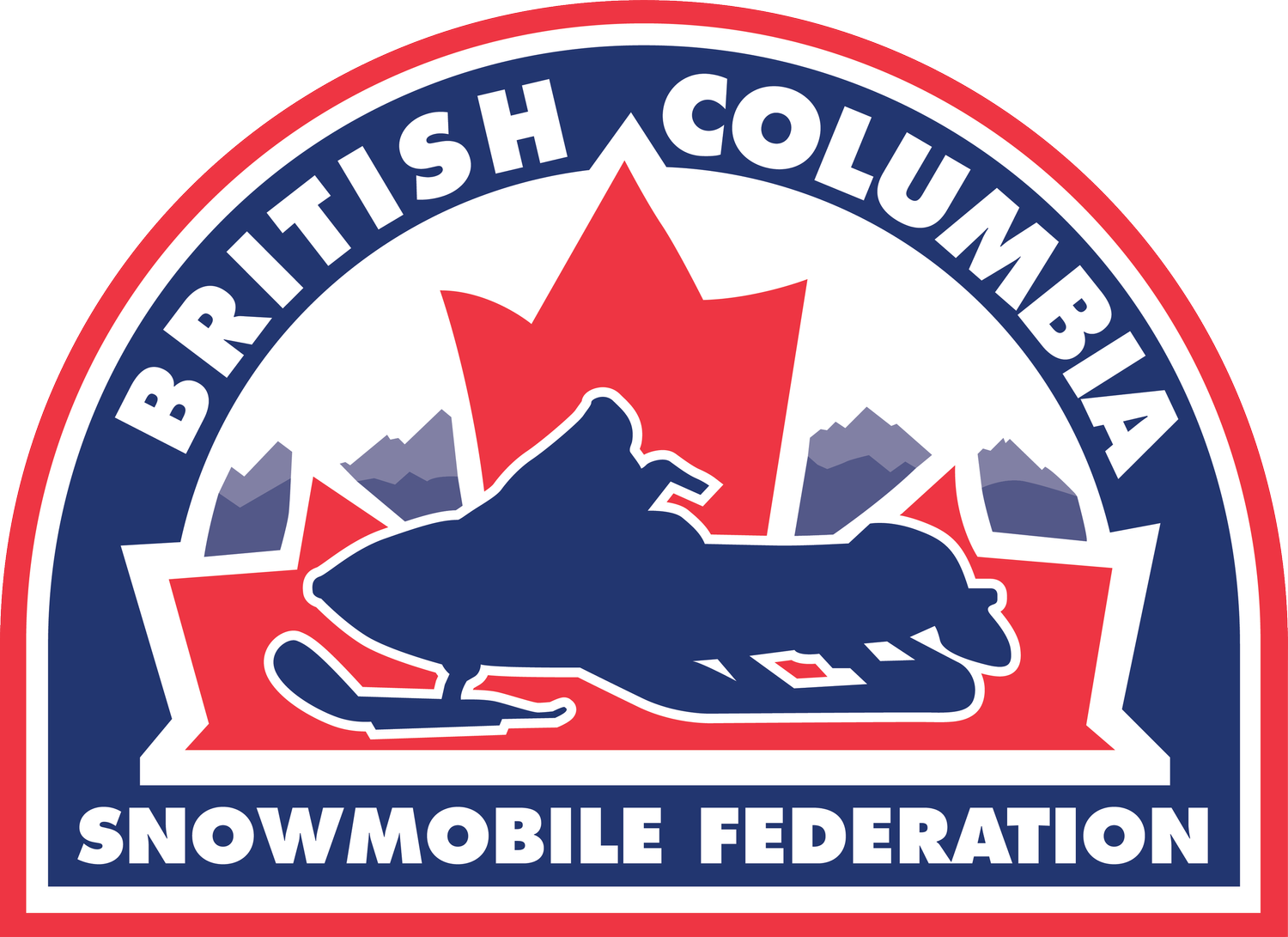MLA Highlights Snowmobile Trail Access Challenges in BC Legislature
Land access is one of the most pressing and high-profile challenges we face at the BC Snowmobile Federation (BCSF). Supporting our member clubs means constantly navigating a slow-moving maze of policy, permits, and overlapping jurisdictions. At any given time, we’re working on multiple access files across the province — and a recent exchange in the BC Legislature highlights exactly why this work is so critical.
During the April 9, 2025, budget estimates debate, MLA Donegal Wilson (Boundary-Similkameen) and Official Opposition Critic for Water, Land, Resource Stewardship and Wildlife Management questioned Minister of Forests Ravi Parmar about the budget allocated for maintaining BC’s forest resource roads. These roads are critical not just for industry, but for public recreation, emergency access, and year-round connection to rural communities.
The video highlights a key issue we face: the murky question of who is responsible for these roads once industry steps away. When industrial operations are active, the company holds a road permit and is responsible for maintaining infrastructure like culverts and bridges. But when that work is complete, the permit is returned — and the road is often decommissioned. This means bridges are removed, culverts pulled, and roads recontoured and replanted.
What’s often overlooked is that many of these roads didn’t begin as industrial corridors. They were long-standing public access routes — to hunting grounds, snowmobile trails, fishing lakes, or backcountry cabins — that were later upgraded to accommodate resource activity. When those upgrades are removed, communities lose access to places they’ve used for generations.
This creates significant challenges for snowmobile clubs. While clubs are authorized to brush trails and groom the snow surface in winter, they are not permitted — or financially able — to maintain or replace large-scale infrastructure. Replacing a single bridge can cost hundreds of thousands of dollars, far beyond the capacity of volunteer-run organizations.
Snowmobilers are deeply committed to maintaining safe, responsible, and accessible backcountry routes. But we cannot do it alone.
The BCSF continues to push for long-term, sustainable solutions to these access issues. We need the support of riders, communities, and partners to raise awareness about the importance of resource road infrastructure — not just for industry, but for the many public users who depend on them. These aren’t just roads that move equipment — they’re vital connections that link us to our communities, our traditions, and the wild places that matter.
